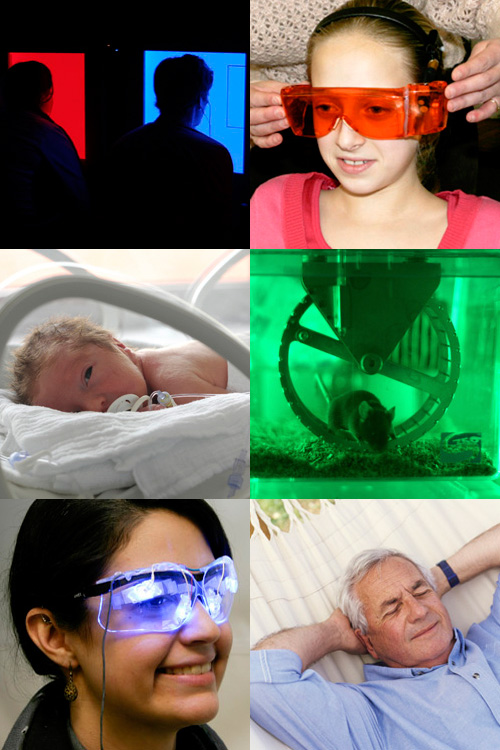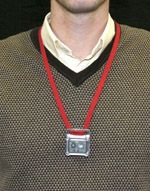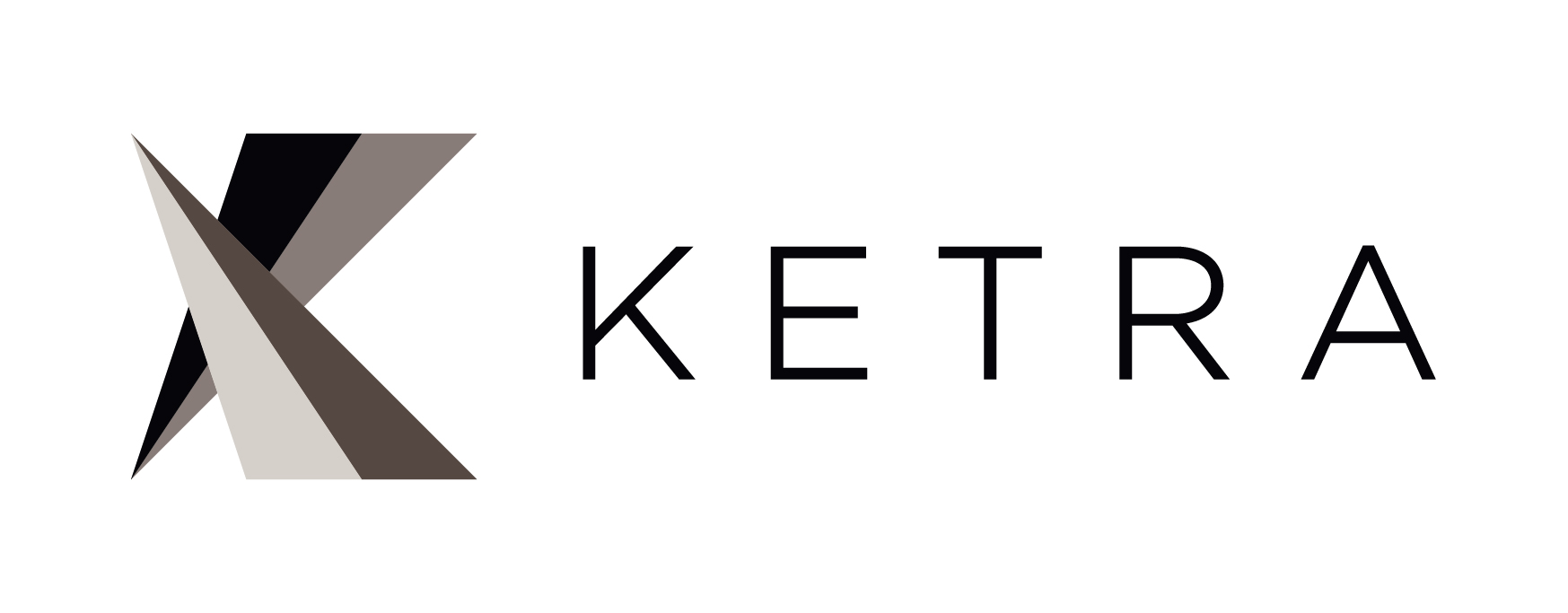The first Light and Health Institute,
to be held on May 6-7, 2014,
is SOLD OUT.
This seminar will be available again soon.
Please bookmark this page and check for the dates!
 The LRC is offering the Light and Health Institute, a two-day, hands-on seminar to teach the many ways in which light affects, and can be used to improve, health and wellbeing. Light of the appropriate quantity, spectrum, timing, duration, and distribution can have a profound effect on sleep, alertness, and performance, along with overall wellbeing, and can be used to reduce symptoms associated with conditions such as jet lag, Alzheimer’s disease, insomnia, and depression.
The LRC is offering the Light and Health Institute, a two-day, hands-on seminar to teach the many ways in which light affects, and can be used to improve, health and wellbeing. Light of the appropriate quantity, spectrum, timing, duration, and distribution can have a profound effect on sleep, alertness, and performance, along with overall wellbeing, and can be used to reduce symptoms associated with conditions such as jet lag, Alzheimer’s disease, insomnia, and depression.
Program objectives
At the conclusion of the Institute:
- Participants will be able to critically analyze information on the effects of light on human health
- Lighting specifiers will be able to review and select lighting fixtures and systems that can positively influence health and wellbeing
- Lighting manufacturers will be able to develop lighting fixtures and systems that can be used to positively influence health and wellbeing
- Lighting designers will be able to evaluate the effects of a lighting design on health and wellbeing
- Participants will be able to calculate the impact of light from any light sources and light levels on the human circadian system
- Participants will understand the effects of light on target populations such as older adults, adolescents, school children, shift workers, and others
- Participants will understand the limitations of current lighting metrics (e.g., CCT, lux) in specifying light for the circadian system
Program agenda
Day One
| Time | Topic | Presenter |
|---|---|---|
| 8:00 | Arrival, registration, and continental breakfast | |
| 8:30 | Introduction of presenters and participants | D. Frering |
| 9:00 | Lighting terminology – a review of important terms in the field of light and health | D. Frering |
| 9:30 | Background research on light and health including circadian entrainment, sleep, alertness, and other areas | M. Figueiro |
| 10:15 | Break | |
| 10:30 | Background research on light and health (continued) | M. Figueiro |
| 11:15 | Circadian clock genes | B. Possidente |
| 12:00 | Lunch | |
| 12:45 | Lighting characteristics for the human circadian system | M. Rea |
| 2:00 | Break | |
| 2:15 | Measurement and analysis of light for the circadian system | M. Rea, A. Bierman |
| 3:15 | Group laboratory exercise – measuring and quantifying circadian light (groups will measure and calculate circadian light in four settings) | Various LRC staff |
| 4:45 | Groups report on findings from the exercise | Participants |
| 5:15 | Adjourn | |
| 6:00 | Dinner for participants and presenters |
Day Two
| Time | Topic | Presenter |
|---|---|---|
| 8:15 | Arrival and continental breakfast | |
| 8:45 | Review of Daysimeter results from participants – presenters will review the results of the analysis of participants' Daysimeter data from two weeks prior to the Institute | M. Rea, A. Bierman |
| 9:15 | Bridging research on light and health to applications – presenter will describe how to apply knowledge on light and health to applications such as senior living facilities, schools, light at night, shift work, mitigating jet lag, seasonal affective disorder, etc. | M. Figueiro |
| 10:15 | Break | |
| 10:45 | Light and health applications (continued) | M. Figueiro |
| 12:00 | Lunch | |
| 12:45 | The relationship between common lighting specificaitons (e.g., horizontal light-level requirements) and circadian effective light | D. Frering |
| 1:15 | Group design exercise – applying what has been learned to common design applications (e.g., senior living facilities, schools, hospitals, offices) | Various LRC staff |
| 2:30 | Groups report on design recommendations | Participants |
| 3:00 | Final questions and review | D. Frering |
| 3:30 | Adjourn |
Experimental participation
 Participants who register will receive a Daysimeter (personal light measurement device) to wear for a two-week period prior to the Institute. Daysimeters and instructions will be mailed out to registrants approximately three weeks before the start of the course. Participants will return their Daysimeters when they arrive at the LRC for the Light and Health Institute; LRC researchers will analyze the light exposure data collected; and participants will receive a report detailing their circadian entrainment during the two-week experimental period.
Participants who register will receive a Daysimeter (personal light measurement device) to wear for a two-week period prior to the Institute. Daysimeters and instructions will be mailed out to registrants approximately three weeks before the start of the course. Participants will return their Daysimeters when they arrive at the LRC for the Light and Health Institute; LRC researchers will analyze the light exposure data collected; and participants will receive a report detailing their circadian entrainment during the two-week experimental period.
About the instructors
Andrew Bierman, MS, LC — Professor Bierman is a senior research scientist at the LRC and an expert in photometry and radiometry. He is currently conducting research on the non-visual effects of light on health and circadian regulation. Other areas of research include mesopic vision (vision at low light levels), color vision, lighting controls, measurement of lighting efficiency, photosensor technology, and fluorescent lighting systems. Professor Bierman is one of our country's leading experts in photometric measurement and is the head of the LRC’s photometric laboratories.
Mariana Figueiro, PhD — Dr. Figueiro is an associate professor and program director at the LRC. Her research areas include energy-efficient lighting, human factors in lighting, and working to better understand and quantify light as a stimulus for the circadian system. An architect by training, Dr. Figueiro received her Ph.D. in multidisciplinary science and her M.S. in lighting degrees from Rensselaer. She received the 2006 James D. Watson Award and the 2007 Office of Naval Research Young Investigator Award to continue her work in circadian photobiology. In addition to managing the LRC's Light and Health program, she serves as advisor and thesis committee member for graduate students and teaches Light and Health and Human Factors in Lighting.
Bernard P. Possidente, PhD — Dr. Possidente is a professor of biology at Skidmore College in Saratoga Springs, NY. He holds a PhD in biology from the University of Iowa. Dr. Possidente's general research area is genetic analysis of behavioral mechanisms. His research focuses on the function of biological clocks in controlling circadian rhythms using mice and fruitflies as model systems: manipulation of rhythms in mice and fruitflies with genetic, pharmacological, and photoperiod treatments in order to identify functional properties of circadian system components and their physiological mechanisms.
Mark S. Rea, PhD —Dr. Rea is the director of the LRC and an expert in human vision, lighting engineering, human factors, photobiology, psychology, and light and health. He is the author of more than one-hundred scientific and technical articles related to vision, lighting engineering, and human factors and was the editor-in-chief of the 8th and 9th editions of the IESNA Lighting Handbook. His current research projects include the development of new metrics to improve the acceptance of energy-efficient lighting technologies, the study of the effects of light on circadian disruption, and research on reducing the market barriers to widespread use of energy-efficient lighting. Dr. Rea has conducted groundbreaking research in the areas of human visual performance, visual efficacy at nighttime light levels, and light and human health.
Registration and course fee
If registered by April 15, 2014, the course fee is $1,200. The fee for registration after April 15 is $1,400.
To reserve your place at the two-day Light and Health Institute, fill out the registration form and include a deposit of $600 (balance due by May 5, 2014). The course fee includes continental breakfasts and buffet lunches as well as all course materials and manuals. The LRC will also supply all lighting equipment.
Registration and course fee (New York State Residents)
The New York State Energy Research and Development Authority (NYSERDA) is providing funding to offset a portion of the registration fee for many New York State residents. If you are a resident of New York State (living or working in one of the following utility territories: Central Hudson Gas and Electric Corporation; Consolidated Edison Company of NY, Inc.; New York State Electric and Gas Corporation; National Grid; Orange and Rockland Utilities, Inc.; Rochester Gas and Electric Corporation), and you register by April 15, 2014, the course fee is $360. The fee for registration after April 15 is $420.
To reserve your place at the two-day Light and Health Institute, fill out the registration form and include a deposit of $180 (balance due by May 5, 2014). The course fee includes continental breakfasts and buffet lunches as well as all course materials and manuals. The LRC will also supply all lighting equipment.
Continuing education credits
Participants will earn 13.25 AIA Health, Safety, Welfare Learning Units (LUs/HSW) for attending the Light and Health Institute and will receive a Continuing Education Certificate in light and health from the LRC.
The LRC has negotiated a special rate for hotel accommodations. For information on registration, travel, or CEUs call Dan Frering at 518-687-7149, or email frerid@rpi.edu.Sponsors
 |
|


